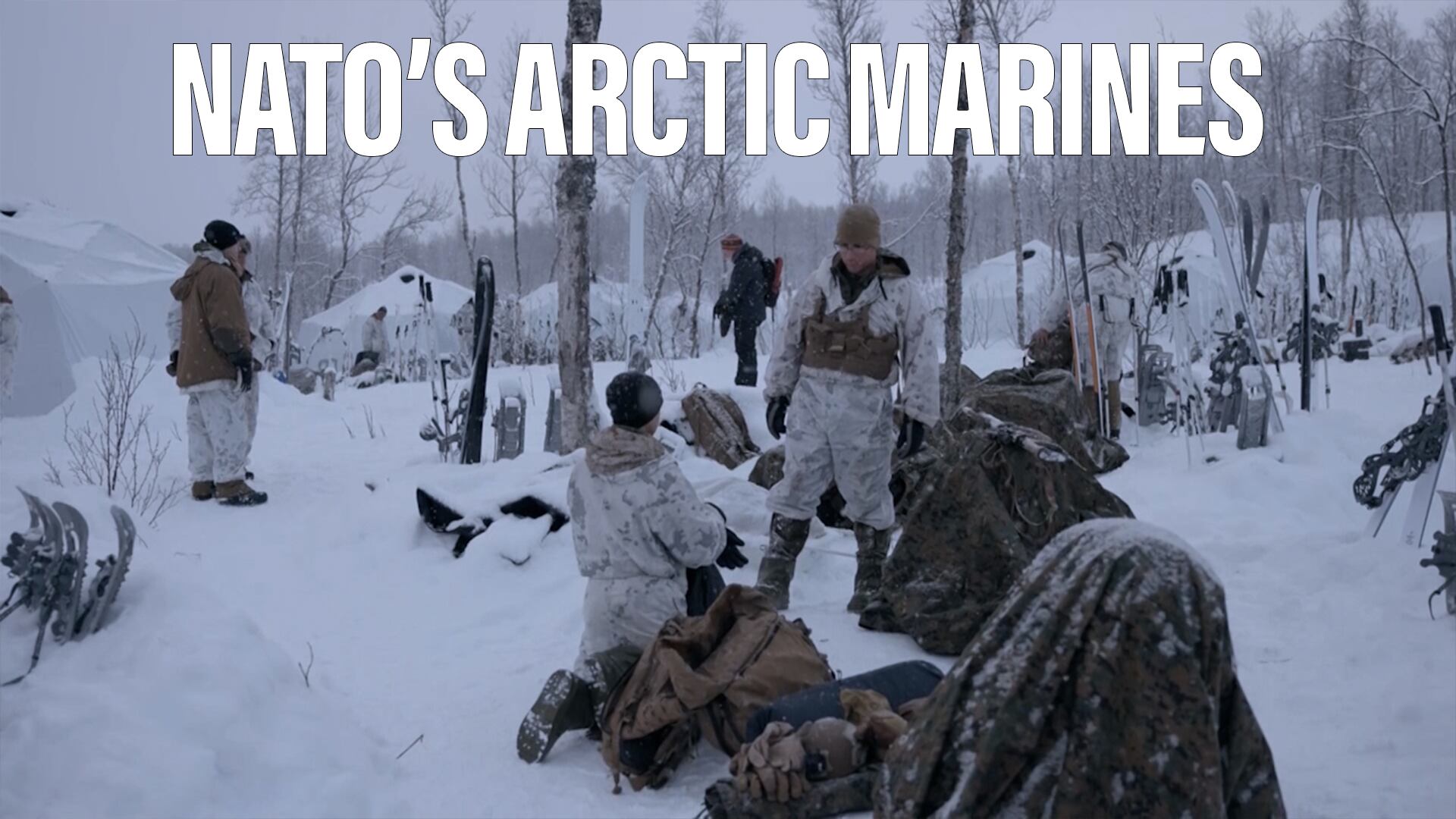WASHINGTON — US Defense Secretary of Defense Ash Carter heads to NATO headquarters in Brussels this week looking to strengthen commitments from other members of the coalition against the Islamic State group. , commonly known as ISIS or ISIL.
Carter said his plan for the Belgium trip is to gather all the defense ministers in one place, sit them down, and unveil the full campaign plan from the Pentagon.
"What I'm going to do with them is to say, all right, here are all the capabilities that are needed — boots on the ground, airplanes in the air, more prosaic things, logistics, bridging, training — training for those police that are going to patrol cities like they're patrolling Ramadi now once the cities are retaken," Carter said. "And I'm going to say, 'OK, guys, let's match up what is needed to win with what you have,' and kind of give everybody the opportunity to make an assignment for themselves.
"The United States will lead this and we're determined, but other people have to do their part," he added, calling out Gulf allies and Turkey in particular for not doing enough. "Civilization has to fight for itself."
Speaking to Defense News, Gen. Gratien Maire, French vice chief of Defense Staff, said there is a desire for partners to do more, but he expressed an understanding for why that may not be happening at the moment.
"I would certainly be happy to have more countries joining the fight and be more involved, and we've seen that recently, after the attacks in Paris," Maire said Feb. 5 in Washington. "Not all of them may have either the resources, the political will or perhaps they have other constraints as well and other concerns."
In particular, he said, Eastern European nations are more concerned about the threat from Russia than from their southern borders. Hence, part of the coalition's job is to make sure nations understand the threat of ISIS.
"It might change. And obviously we would welcome any nation willing to contribute to the fight. So yes, I think trying to raise the issue and make sure that everyone is understanding, which might not be the case today for many reasons, the level and the depth of that threat to our societies is something that we have to do."
According to the latest Pentagon figures, the Department of Defense has spent $5.4 billion from the start of anti-ISIS strikes on Aug. 8, 2014, through Dec. 21. That averages out to a daily cost of $11.4 million spread out over 511 days of operations. Some 69 percent of that cost has been borne by the US Air Force, 14 percent by the Army, 11 percent by the Navy and about 7 percent from Special Forces.
Email: amehta@defensenews.com
Twitter: @AaronMehta
Aaron Mehta was deputy editor and senior Pentagon correspondent for Defense News, covering policy, strategy and acquisition at the highest levels of the Defense Department and its international partners.








